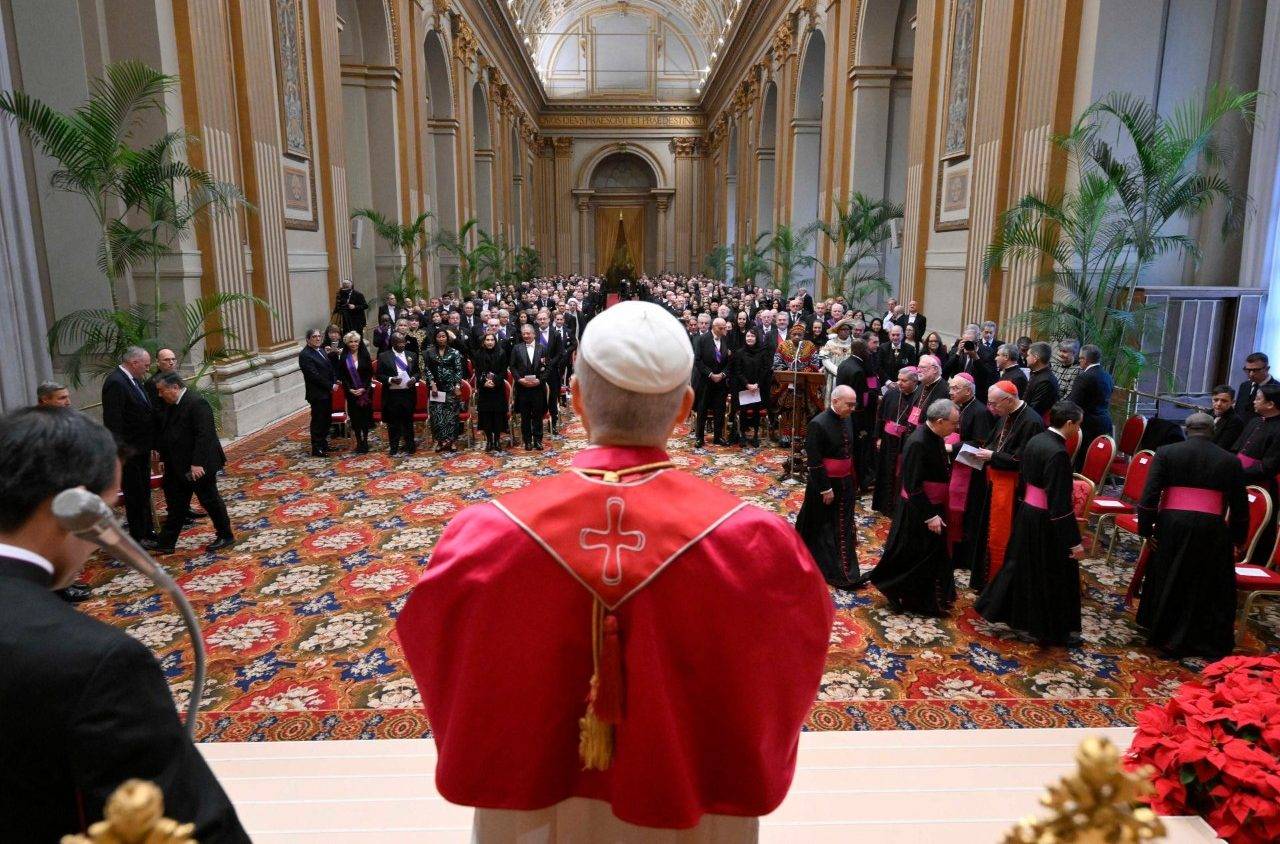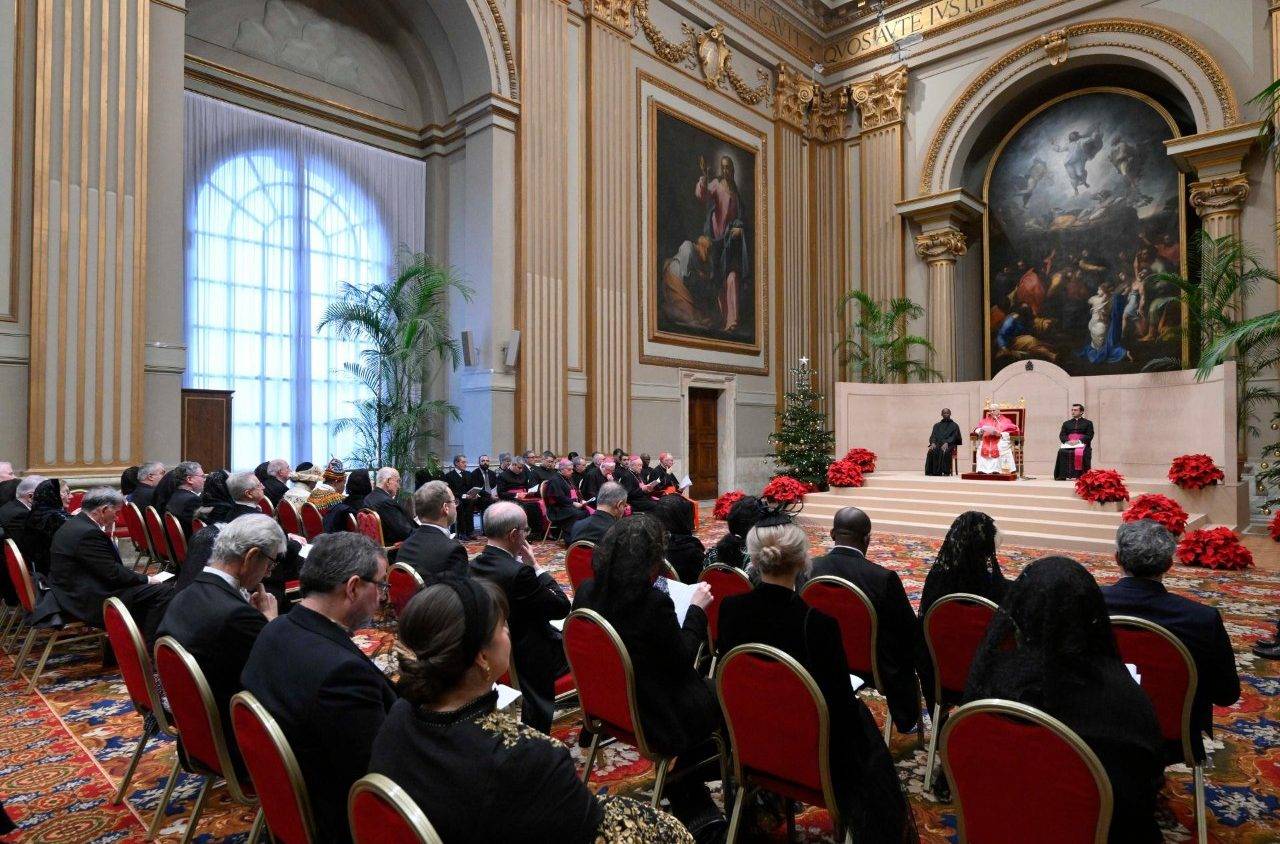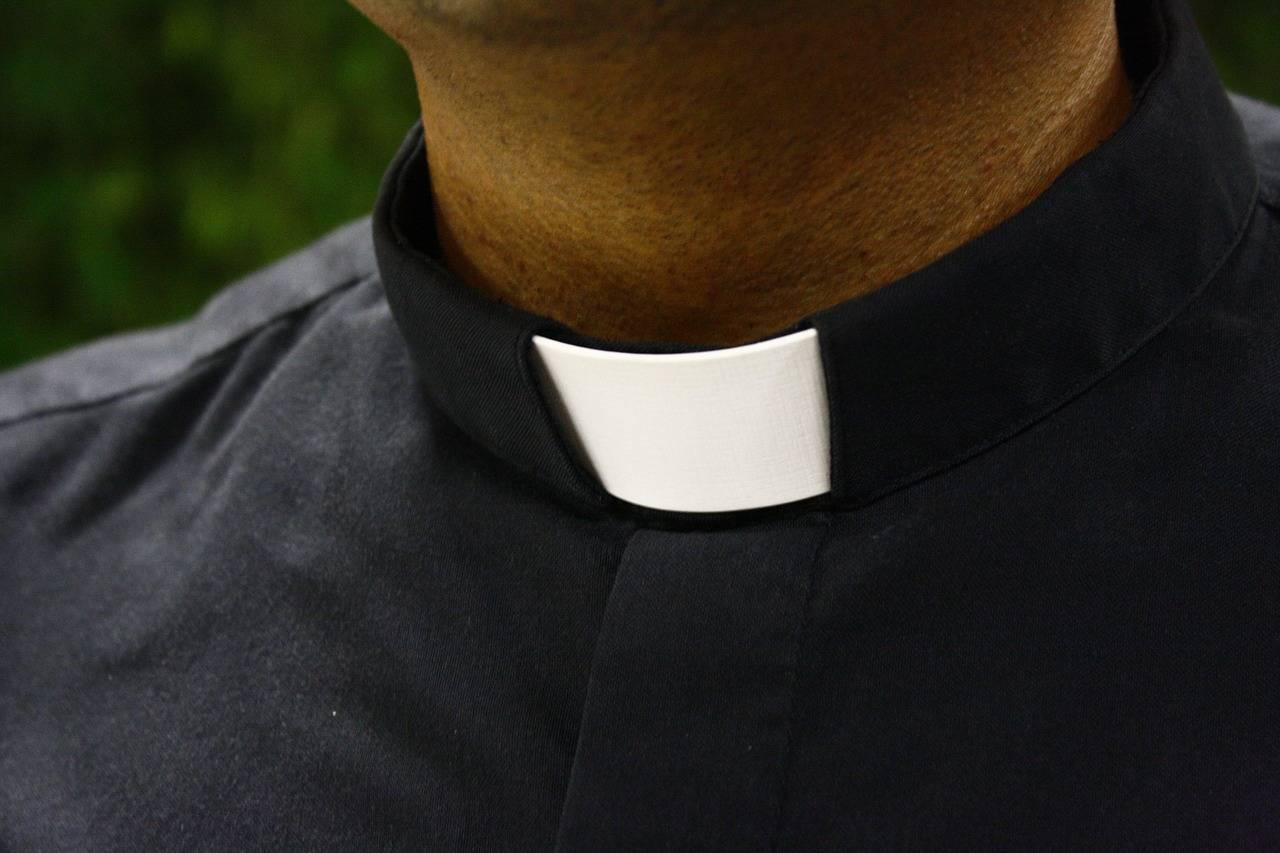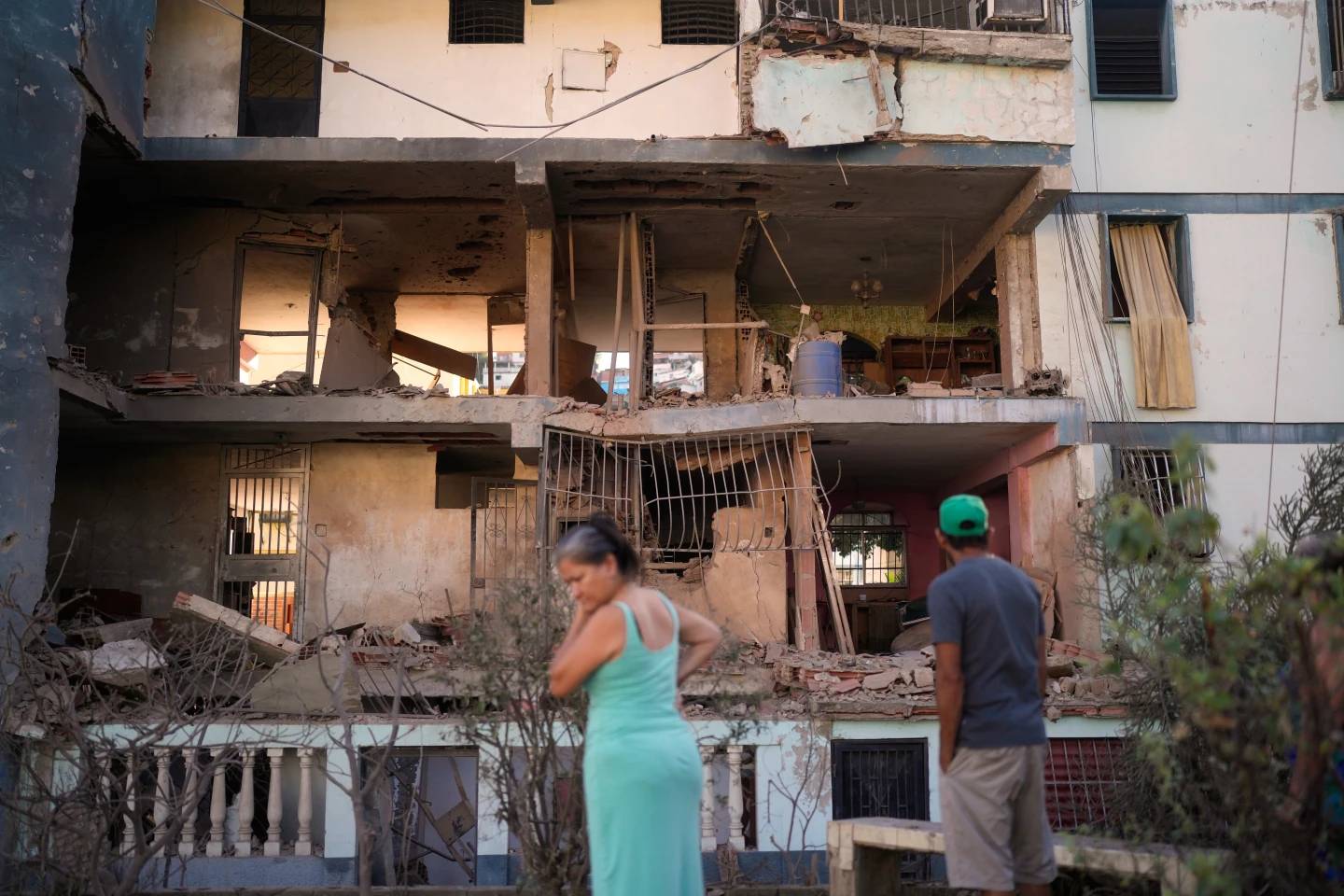OTTAWA, Ontario — Canada’s Catholic bishops said it is “not too late to reconsider” and stop the expansion of legally assisted suicide in Canada.
They called on all Catholics and Canadians opposed to expanding the country’s medical assistance in dying system to speak out against the proposed legislation after the federal government was given until Feb. 26 to bring federal law in line with a 2019 Quebec court decision.
A Quebec court Dec. 17 granted additional time for the government to consider proposed changes to the legislation, known as Bill C-7.
The bishops are hoping the extended deadline will provide greater opportunity to persuade elected officials to pull back from making it easier for Canadians to participate in physician-assisted suicide.
In a strongly worded statement released Dec. 18, the executive committee of the Canadian Conference of Catholic Bishops called on Canadian politicians to reconsider changes to the medical assistance in dying system that church officials and others have argued are being rushed.
“Over the course of the past several months, there has been significant debate among Canadians over Bill C-7. Among the amendments that are being introduced, it seeks to expand access to euthanasia by eliminating the ‘reasonable foreseeability of natural death’ criterion. This would allow those who are not dying to request and obtain euthanasia or assisted suicide in Canada,” the bishops said.
“The Catholic Bishops of Canada remain steadfastly opposed to all forms of euthanasia and assisted suicide. We are especially concerned by the accelerated and reckless pace in which the Government is attempting to pass Bill C-7,” the statement said.
“Despite the numerous warnings by disability organizations and physicians about the devastating consequences of Bill C-7, the truncated and flawed legislative process has overstepped legitimate democratic debate, while simply racing to meet a provincial court deadline rather than taking the time to deliberate fully the implications of Bill C-7,” it said.
Concerns about the constitutionality of the bill and the impact it will have on disabled Canadians remains a concern of the bishops and others opposed to physician-assisted suicide. Bill C-7 passed a third reading by a two-to-one margin in the House of Commons Dec. 10. However, it remained under committee review in the Senate as the court set the new deadline to change the law.
Justice Minister David Lametti welcomed the court’s extension, saying it “will give Parliament the time it needs to complete its consideration of the proposed legislation, which is of importance to many Canadians and families across the country.”
In addition to eliminating the need for a person’s death being reasonably foreseeable to qualify for using the medical assistance in dying system, Bill C-7 would end or ease other safeguards such as reducing the number of witnesses needed when a person consents to physician-assisted suicide.
The bill also would eliminate a 10-day waiting period to carry out an assisted suicide after consent is given and opens the door to allowing for advanced directives that could see a person be put to death even if they are mentally incapable of consenting to use the protocol.
Dryden writes for The Catholic Register based in Toronto.
















